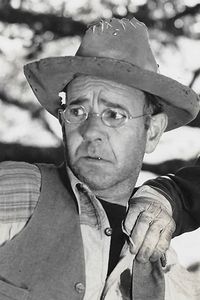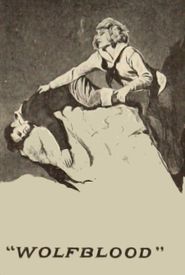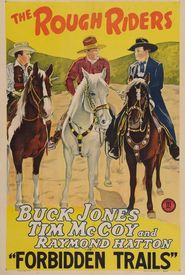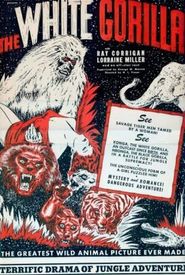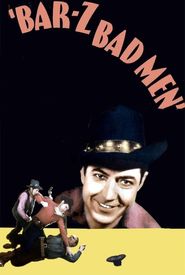Milburn Morante, a vaudevillian with a family trio known as "The Three Morantes," initially gained recognition in the early 20th century. After relocating from San Francisco to Los Angeles, he transitioned into the film industry by 1913, initially working with Keystone-Triangle and later becoming a regular supporting actor for eccentric comedienne Gale Henry in Universal's "Joker" and "Model" series of comedy shorts.
In 1915, Morante founded his own production company, Mercury, which provided steady employment to his old vaudeville partners, father Joe and brother Al. The company released films through the independent Bull's Eye Film Corporation, but Morante's comic characterizations failed to resonate with the public.
By the time Bull's Eye merged with Reelcraft in 1920, the Morante company had gone bankrupt, and Morante shifted his focus to directing small-scale westerns and comedy shorts for Morris R. Schlank's independent Premier Pictures Corporation, which were intended for rural release only.
Throughout his career, Morante also worked as a prolific character actor, appearing in slapstick farce, such as "The Detectress" (1919),opposite Gale Henry, and providing comic relief in westerns, notably as the sidekick to Buzz Barton in a series of westerns made between 1926 and 1929.
As visual madcap comedy waned with the advent of sound, Morante confined himself almost exclusively to playing grizzled prospectors, tramps, bartenders, and town drunks. On occasion, he essayed the role of a seedy second-string villain and was last gainfully employed in several episodes of "The Cisco Kid" (1950).
